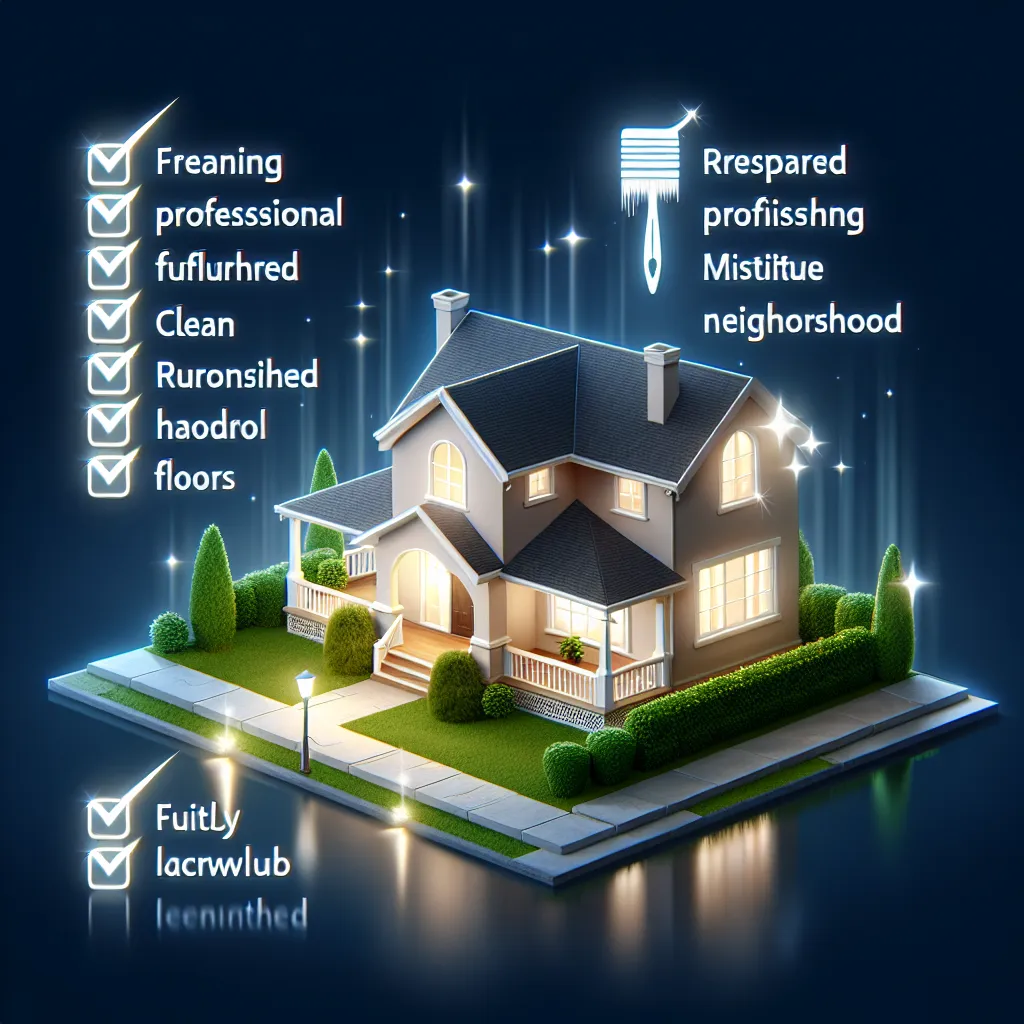Are you thinking about renting out your house for the first time? Renting out your property can be a great way to generate extra income and take advantage of real estate investments, but it also comes with its unique challenges. In this guide, we’ll explore everything you need to know about renting out your house, from legal requirements to finding the right tenants, and how AnySqft can simplify the process for you.

Why Rent Out Your House?
Renting out your house can provide a steady stream of income, help with mortgage payments, and offer tax benefits. However, it’s not just about putting up a “For Rent” sign and waiting for tenants to move in. Let’s dive into the steps you need to take to become a successful landlord.
Prepare Your House for Renting
Before you can rent out your house, you need to make sure it’s in excellent condition. Here’s a checklist to get you started:
- Cleanliness: Ensure the house is spotless. Consider hiring professional cleaners.
- Repairs: Fix any issues such as leaky faucets, broken windows, or faulty electrical outlets.
- Safety: Install smoke detectors, carbon monoxide detectors, and ensure all locks work properly.
- Curb Appeal: Improve the exterior appearance with landscaping, painting, or minor repairs.
Table: Essential Preparations for Renting
| Task | Description | Example |
|---|---|---|
| Cleaning | Deep cleaning of all areas | Hire professional cleaners |
| Repairs | Fixing any damages | Leaky faucets, broken windows |
| Safety | Installing safety devices | Smoke detectors, secure locks |
| Curb Appeal | Enhancing exterior look | Landscaping, painting |
Understanding Landlord Laws
To avoid legal issues, familiarize yourself with local, state, and federal laws regarding renting. This includes understanding tenant rights, lease agreements, and disclosure requirements.
- Privacy Rights: Tenants have the right to privacy, so you must give notice before entering the property.
- Fair Housing Laws: You cannot discriminate against potential tenants based on race, religion, sex, or other protected characteristics.
- Lead Disclosure: If your house was built before 1978, you must disclose any known lead-based paint hazards.
Setting the Right Rent Price
Pricing your rental correctly is crucial. Set it too high, and you might struggle to find tenants; set it too low, and you won’t cover your costs. Research similar properties in your area and consider amenities, location, and market demand.
Graph: Average Rent Prices in Central London

Marketing Your Rental Property
Effective marketing can attract the right tenants. Here are some tips:
- High-Quality Photos: Take clear, well-lit photos of each room.
- Detailed Descriptions: Highlight unique features like hardwood floors, modern appliances, or a spacious backyard.
- Online Listings: Use popular rental websites and social media platforms.
Finding the Right Tenants
Screening tenants is one of the most important aspects of renting out your house. Look for tenants with stable income, good credit history, and positive references from previous landlords.
Checklist: Tenant Screening Process
- Verify income and employment.
- Check credit history.
- Contact previous landlords for references.
- Conduct a background check.
Drafting a Lease Agreement
A well-drafted lease agreement protects both you and your tenant. It should include:
- Rent Amount and Due Date: Clearly state how much rent is and when it’s due.
- Security Deposit: Specify the amount and conditions for its return.
- Maintenance Responsibilities: Outline who is responsible for what maintenance tasks.
- House Rules: Include rules about pets, smoking, and noise.
Managing Your Rental Property
Once you have tenants, managing the property becomes an ongoing task. This includes:
- Collecting Rent: Ensure timely rent collection through online payment systems.
- Handling Repairs: Address maintenance issues promptly to keep tenants happy.
- Conducting Inspections: Regularly inspect the property to ensure it’s being well-maintained.
Tax Considerations
Renting out your house has tax implications. You can deduct expenses such as mortgage interest, property taxes, and maintenance costs, which can reduce your taxable income.
How AnySqft Simplifies the Process
AnySqft’s AI-driven platform can make renting out your house easier by providing market trends, property valuations, and connecting you with top real estate agents. Whether you’re a seasoned landlord or a first-timer, AnySqft offers personalized recommendations to match your needs.
Conclusion
Renting out your house can be a rewarding experience if you approach it with the right knowledge and tools. From preparing your property and understanding the laws to finding the right tenants and managing the property, each step is crucial. By leveraging resources like AnySqft, you can streamline the process and enjoy the benefits of being a landlord.
